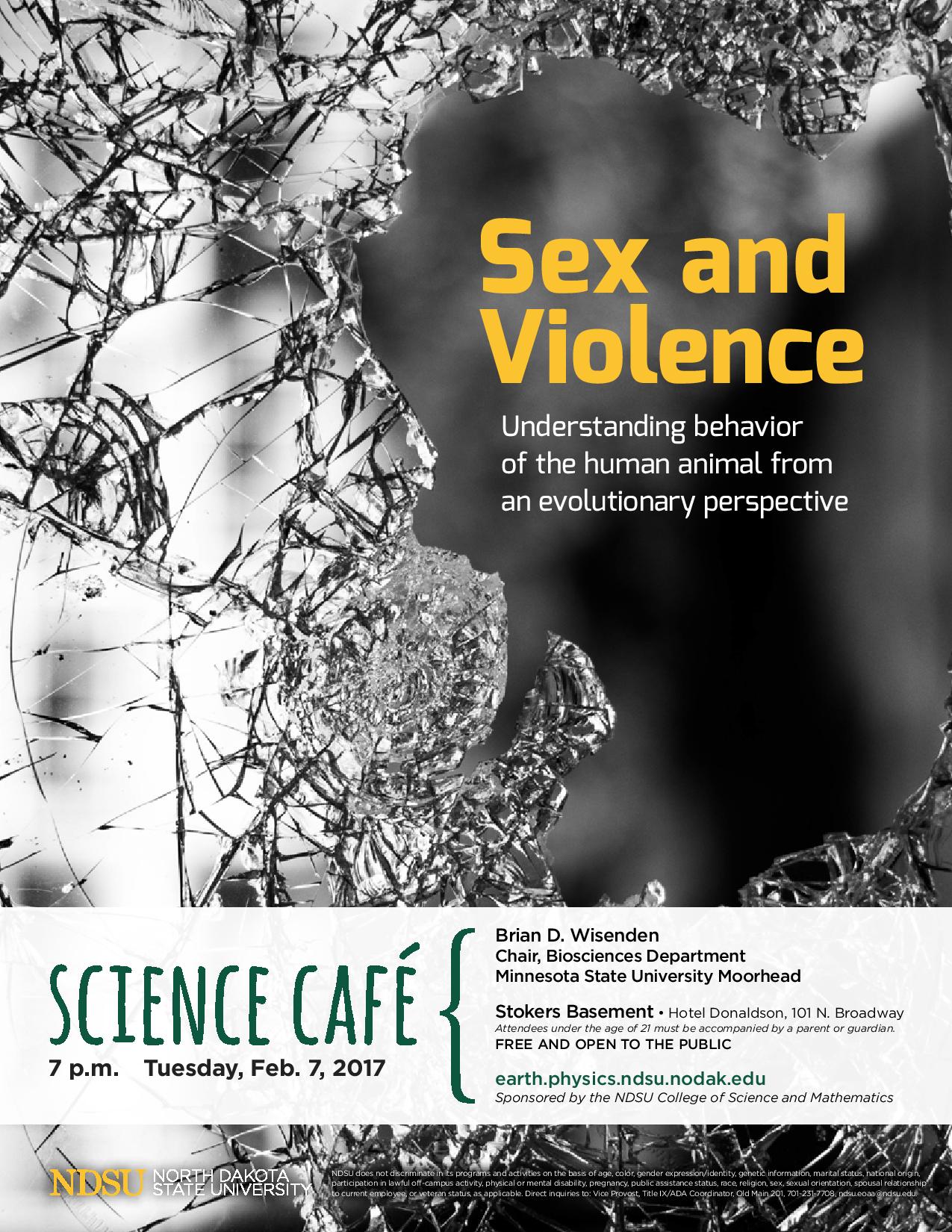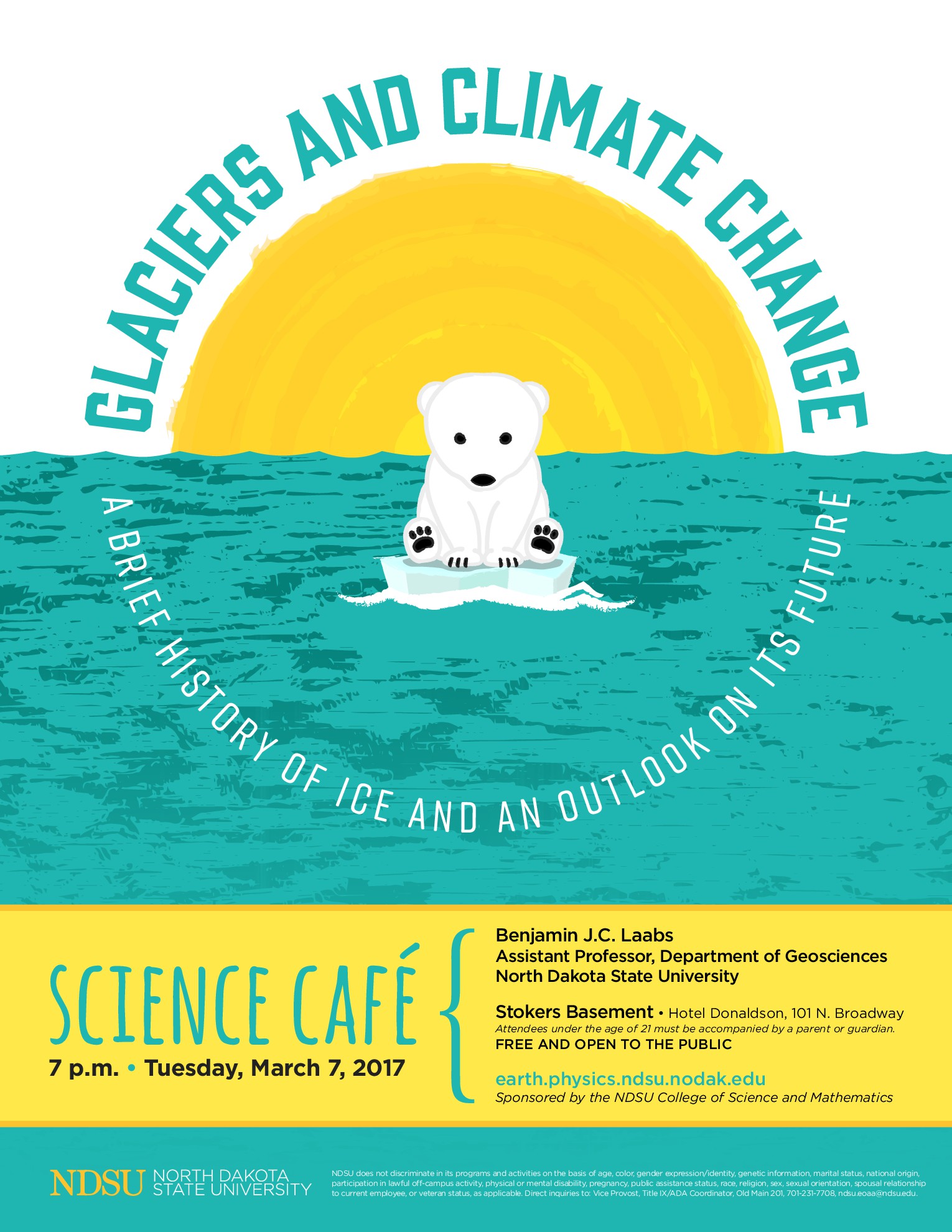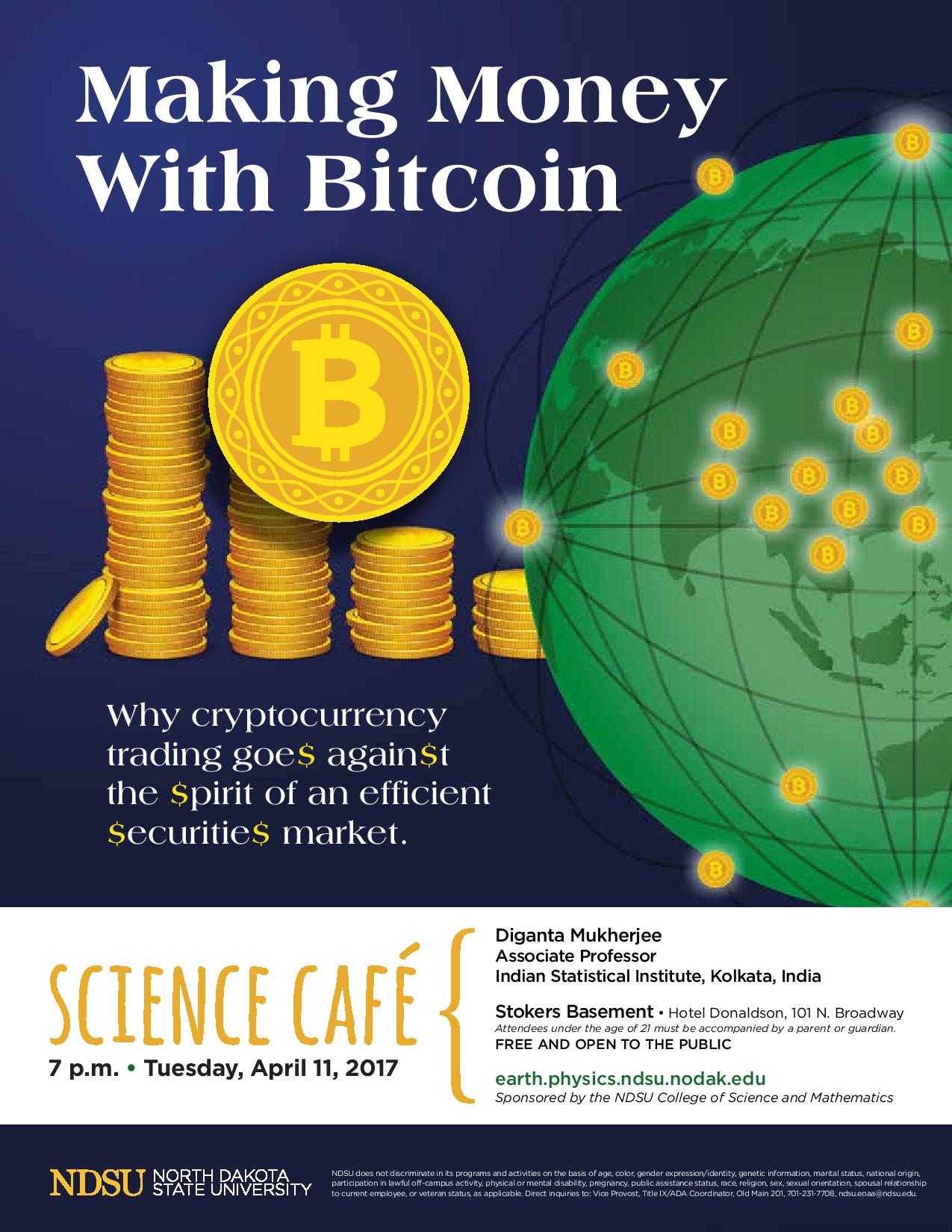
Sex and Violence: Understanding behavior of the human animal from an evolutionary perspective
Brian D. Wisenden
Chair, Biosciences Department, Minnesota State University Moorhead
Abstract: Human behavior is not determined by "free will" as much as many would think. Behavior is regulated by interactions between genes and the environment. Just as genes for morphological traits are maintained and evolve according to natural selection, so too are behavioral traits. Behavioral traits that confer benefits in securing food, avoiding predators, attracting a mate, caring for offspring, etc., are promoted over evolutionary time. Because each of us are descendants of a long line of ancestors, each of whom managed to reproduce successfully at some point in their life, we have all inherited adaptive behavioral patterns that led to reproductive success. In this talk, I will review general principles of behavior, using non-humans as examples, and then apply these principles to aspects of human behavior: mate choice and homicide.

Glaciers and climate change: a brief history of ice and an outlook on its future
Benjamin J.C. Laabs
Assistant Professor, Department of Geosciences, North Dakota State University
Abstract: Glaciers are natural masses of flowing snow, ice, and debris that have been abundant at the Earth surface during the last few million years of Earth history. As powerful agents of erosion and icons of the coldest places on Earth, glaciers can appear to be persistent, unwavering reservoirs of ice. Geological investigations of glacier change have revealed, however, that glaciers are sensitive to climate change and play an important role of ice in amplifying temperature change at the Earth surface. Understanding how glaciers have responded to climatic change in the geologic past provides a useful framework for predicting how they will change in the future. This presentation will explore the geologic records of glacier and climate change on Earth during the past 35 million years, the climatic drivers and consequences of glacier growth and decay, and the potential challenges and hazards of living in a world with less ice.

Making money with bitcoin
Diganta Mukherjee
Associate Professor, Indian Statistical Institute, Kolkata, India
Abstract: The open platform Bitcoin cryptocurrency system is supposed to be completely transparent, unregulated by any agency and ostensibly, completely fair. Unfortunately, in the recent times it is observed that one country's bitcoin markets overwhelmingly dominates trading in this currency. Coupled with that, we also observed serious opportunities for trading in bitcoin via US dollar and Chinese Yuan to end up with very quick, risk less and substantial percentage of profit! This goes against the spirit of an efficient market for securities.